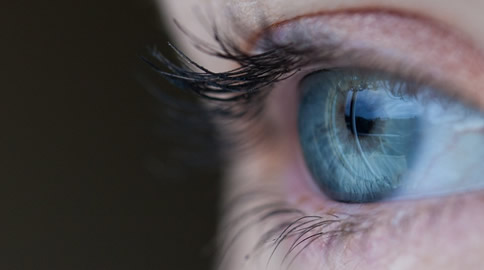Of course, eye health should always be undertaken under the care of an eye doctor. If you have questions about your eye health or any of these recommendations, we are here to discuss them with you. Please contact us to schedule an appointment, checkup, or routine dilated eye exam with your eye doctor.
Comments are closed.
|
EYE HEALTH BLOGCategories
All
Archives
July 2024
|
|
Kadrmas Eye Care New England
55 Commerce Way, Plymouth, MA 02360
14 Tobey Road, Wareham, MA 02571 133 Falmouth Road (Rt 28), Mashpee, MA 02649 |
Phone Number:
1-508-746-8600 Hours: Monday through Friday — 8 AM – 4:30 PM |


 RSS Feed
RSS Feed
